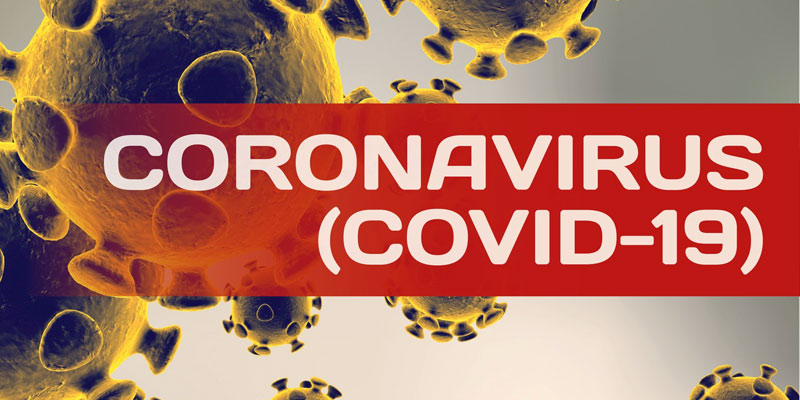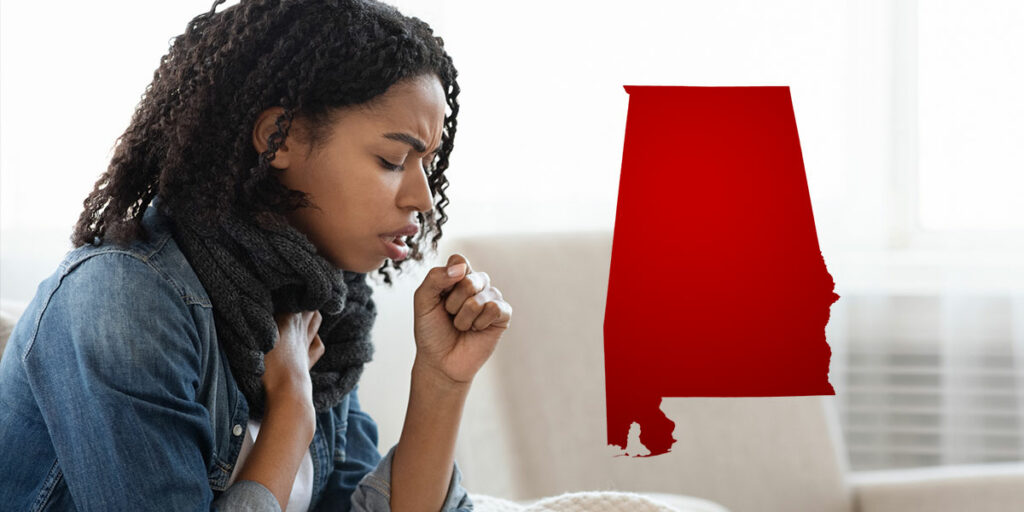The Alabama Attorney General’s Office and the Alabama Department of Public Health jointly warned the public on Thursday about scams claiming to offer access to coronavirus vaccines and testing.
In a release, the agencies said they “are receiving reports of citizens being contacted at their homes for the purpose of being offered COVID-19 vaccinations at home.”
“In addition, individuals claiming to be employees of the Medicaid Agency are contacting recipients by phone or in-person and offering free COVID-19 testing,” the agencies added.
Authorities warn that both efforts are scams, and individuals contacted about free in-home COVID-19 testing or vaccinations should end the contact.
Members of the public are encouraged to report scams or suspicious activity of that type to the Attorney General’s Consumer Protection Hotline at 1-800-392-5658.
Citizens can also report scammers via email by sending a message to [email protected].
The United States Department of Health and Human Services (HHS) issued a warning about potential vaccine scams in December.
The department offers four quick signs of potential scams:
- You are asked to pay out of pocket to get the vaccine.
- You are asked to pay to put your name on a vaccine waiting list or to get early access.
- Advertisements for vaccines through social media platforms, email, telephone calls, online, or from
unsolicited/unknown sources. - Marketers offering to sell or ship doses of the vaccine for payment.
HHS also offers some lengthier guidelines on how citizens can guard against scammers and fraudsters:
- You will not be asked for money to enhance your ranking for vaccine eligibility. Government and State officials will not call you to obtain personal information in order to receive the vaccine, and you will not be solicited door to door to receive the vaccine.
- Beneficiaries should be cautious of unsolicited requests for their personal, medical, and financial information. Medicare will not call beneficiaries to offer COVID-19 related products, services or benefit review.
- Be suspicious of any unexpected calls or visitors offering COVID-19 tests or supplies. If you receive a suspicious call, hang up immediately.
- Do not respond to, or open hyperlinks in, text messages about COVID-19 from unknown individuals.
- Ignore offers or advertisements for COVID-19 testing or treatments on social media sites. If you make an appointment for a COVID-19 test online, make sure the location is an official testing site.
- Do not give your personal or financial information to anyone claiming to offer HHS grants related to COVID-19.
- Be aware of scammers pretending to be COVID-19 contact tracers. Legitimate contact tracers will never ask for your Medicare number, financial information, or attempt to set up a COVID-19 test for you and collect payment information for the test.
Henry Thornton is a staff writer for Yellowhammer News. You can contact him by email: [email protected] or on Twitter @HenryThornton95.













